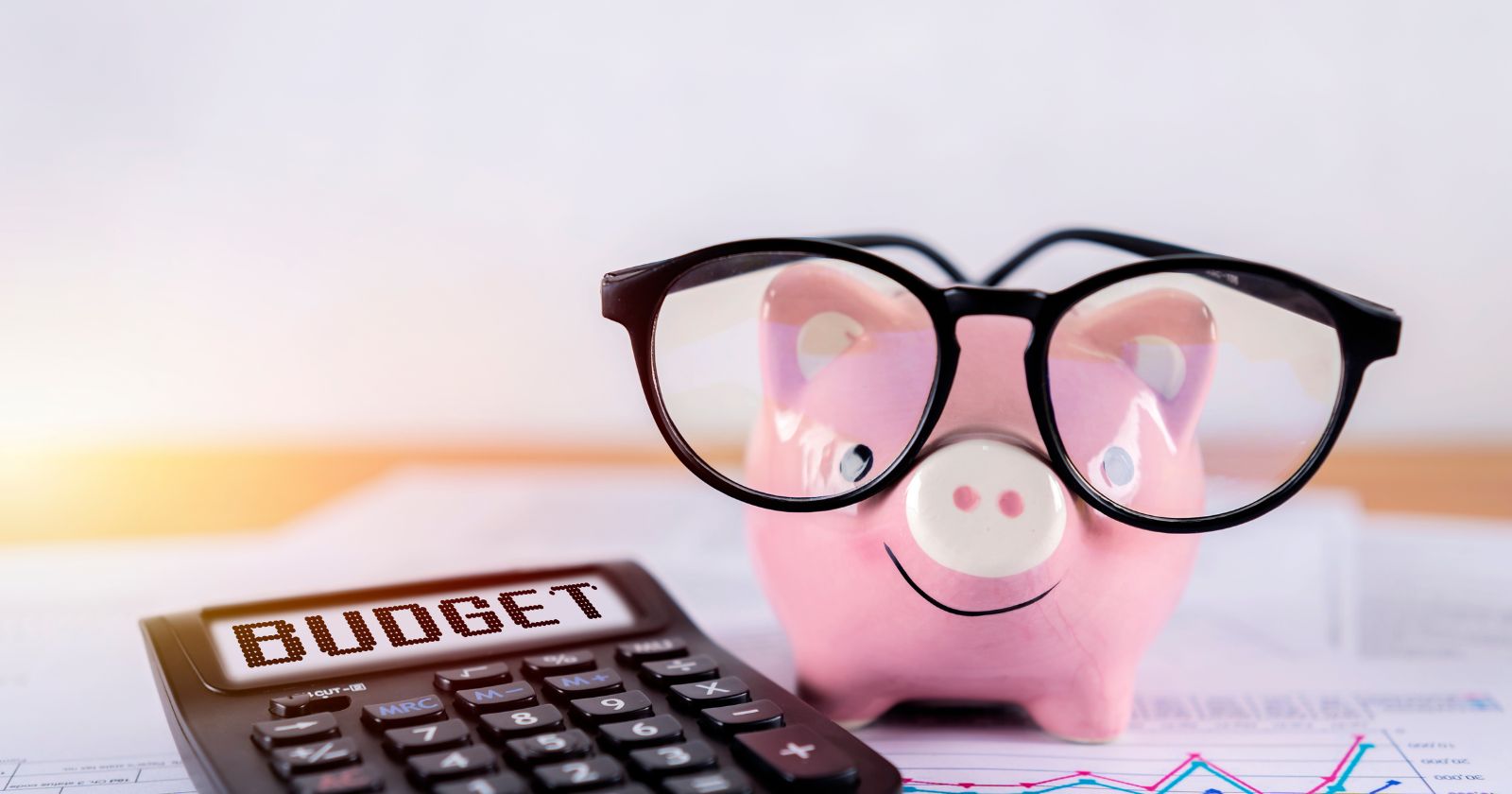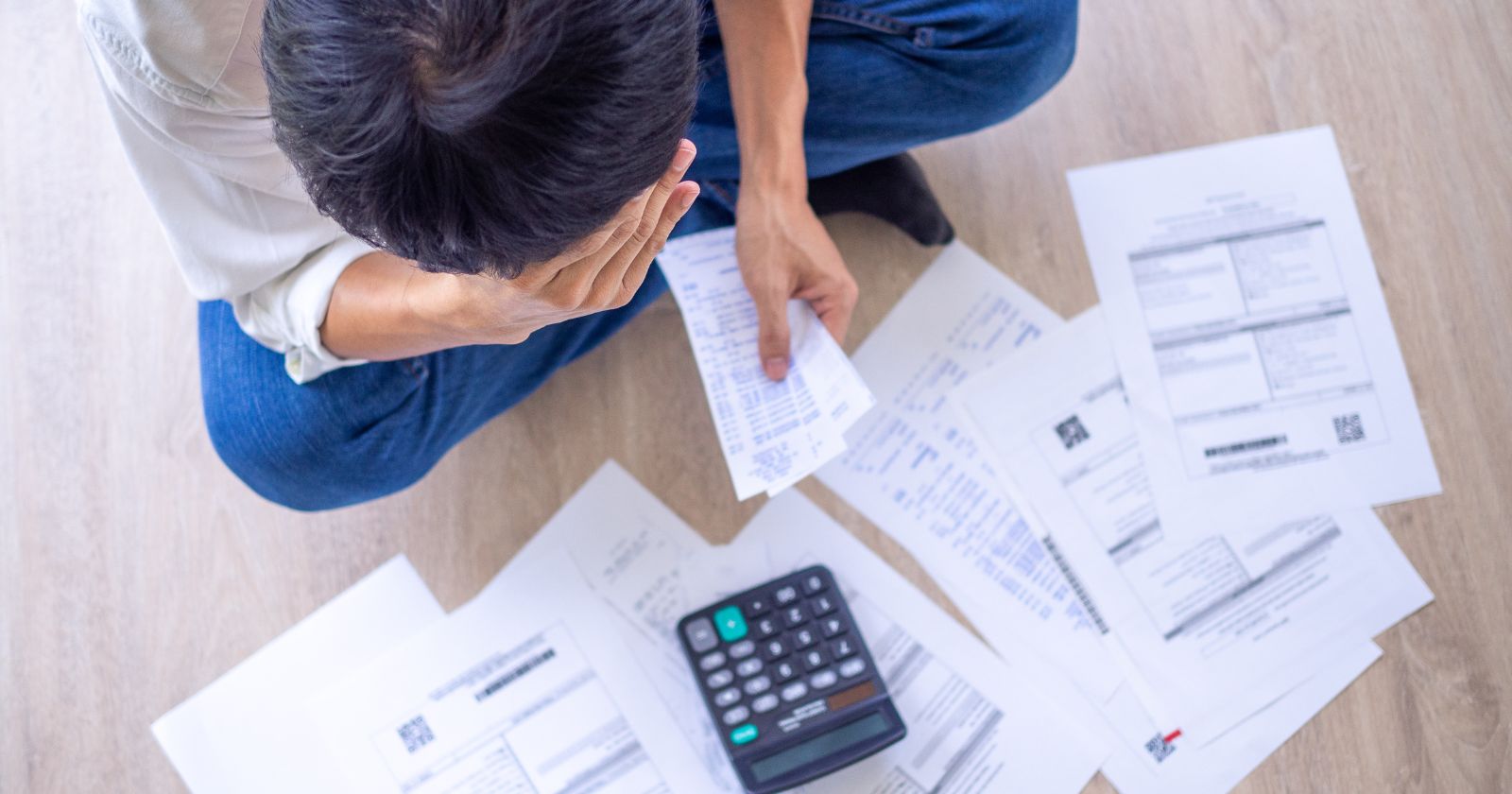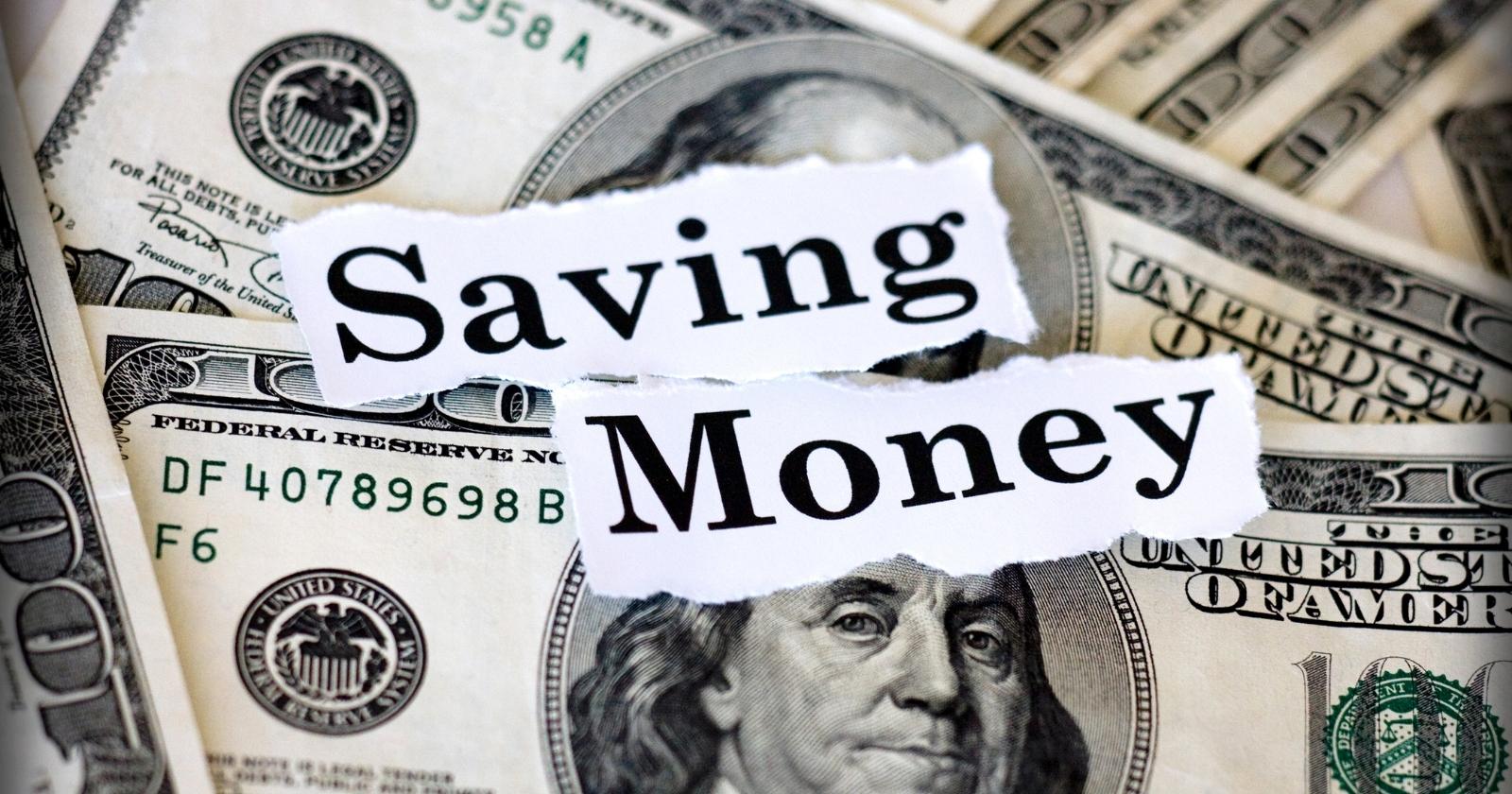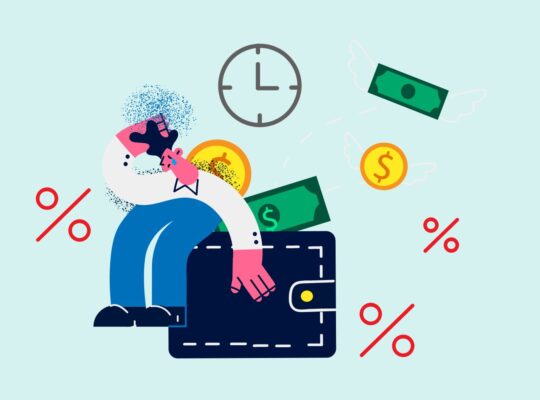Why is it important to have a financial budget?
Having a financial budget means you aren’t going to find yourself surprised when certain expenses arise. Your financial budget is a lot like having a carefully-laid road map – you know what to expect at every turn because you’ve already planned for it by looking ahead at your future needs. When you budget your money, you know exactly what to spend and save.
What are the basic parts of a financial budget?
Everyone has unique financial needs. For example, you may have student loans that are paid monthly while your best friend has a car payment. You may have utilities already included in your rent payment while your neighbors must plan to pay theirs separately. However, despite some differences and unique needs between different households, all financial budgets typically have the same basic parts:
Fixed Expenses
Fixed expenses are bills and other financial responsibilities that don’t change much (if at all) from month to month. Some examples of fixed expenses often include…
- Housing payments (rent or mortgage)
- Loan repayments (cars, student loans, credit cards, etc.)
- Services (insurance payments)
Flexible Expenses
Flexible expenses are amounts you know you’ll need to spend each month but can change for a variety of reasons. Some examples of flexible expenses include…
- Groceries
- Gas for your car
- Utilities for your home (electricity, water, gas, etc.)
- Bills determined by usage (cell phones, internet service, etc.)
Discretionary Expenses
Discretionary expenses are amounts you want to spend on things or services you want rather than need. Some examples of discretionary expenses include…
- Traveling
- New clothes
- Salon appointments
- Memberships (gym, streaming services, etc.)
- Dining out at restaurants
What makes creating a financial budget easier?
For folks who struggle to create a financial budget (and stick to it), there are some strategies to make the process easier to implement. To get started, consider these basic tips:
Get a good understanding of how much money you are bringing in each paycheck.
The amount of money you have at your disposal is called your net income. This is how much money you make each month and have available to work with when you’re establishing your budget.
Your net income is the amount of money you make after taxes, employer-sponsored insurance deductions, retirement, etc. are subtracted from the total amount you earned. This is the final amount you have to designate for different parts of your budget. While this seems simple, many people aren’t completely aware of the exact amount of cash they have to budget with each month.
Focus on the necessities first.
While everyone loves their discretionary spending (hello, new wardrobe!) – it must be set aside in favor of fixed and flexible expenses first. When creating your budget, worry about the “biggies” first, such as your grocery budget and housing budget amounts. Once you have money set aside for these types of necessities, you can feel relaxed knowing whatever is left can be safely used for discretionary spending without feeling worried or guilty over it.
Try to over-budget when you can.
When you over-budget, you’ll often find yourself left with a little cash to spare. For example, if you over-budget the amount of money you’ll need on groceries for the month, you may find yourself with an extra $30 you earmarked for food and didn’t end up needing. When this happens, you’ll have two realizations:
- You had the extra $30 to spend on food in case you needed it for that reason.
- You now have an extra $30 for your discretionary spending purposes or for savings.







